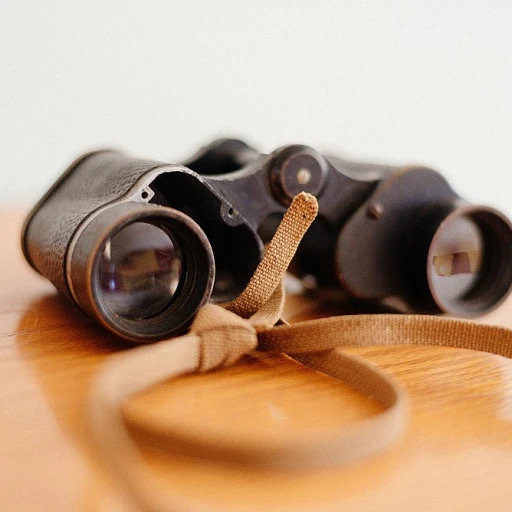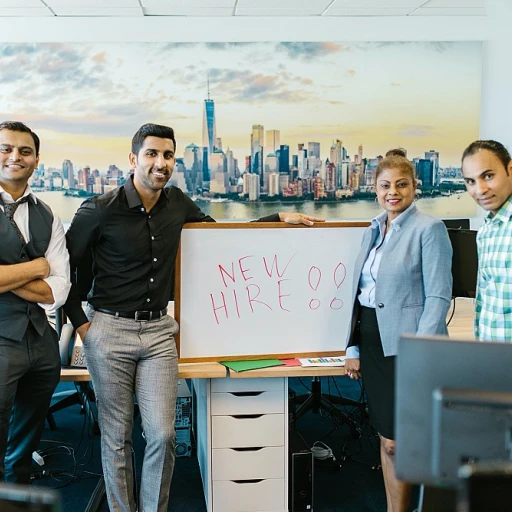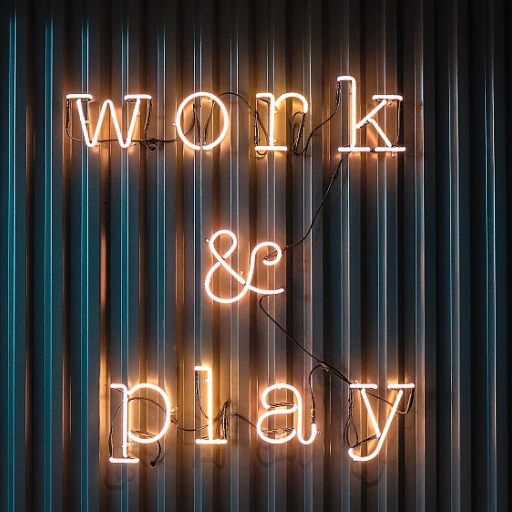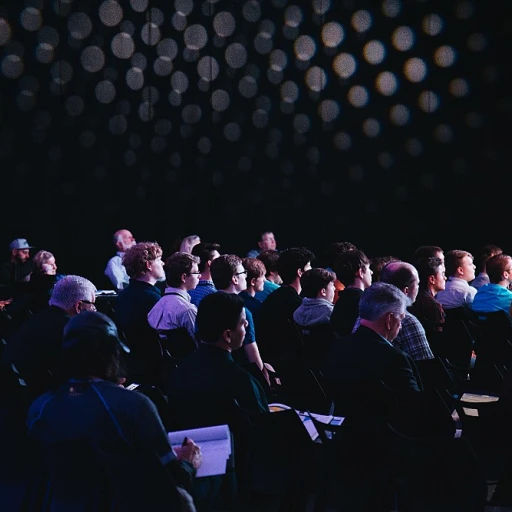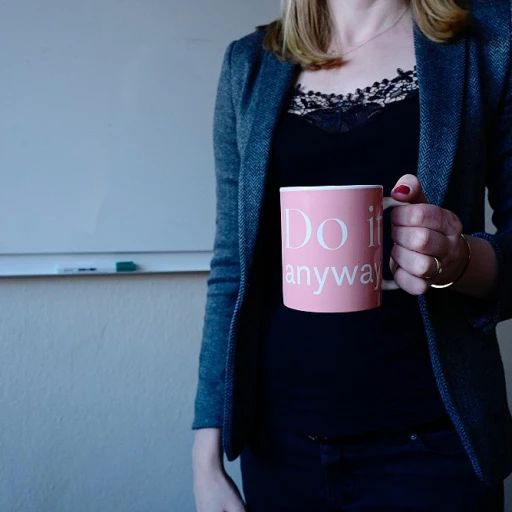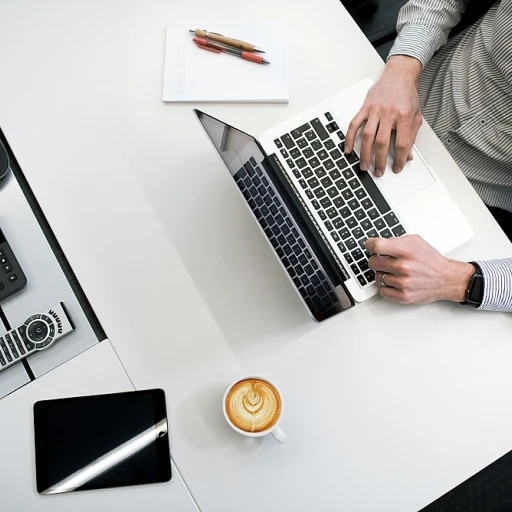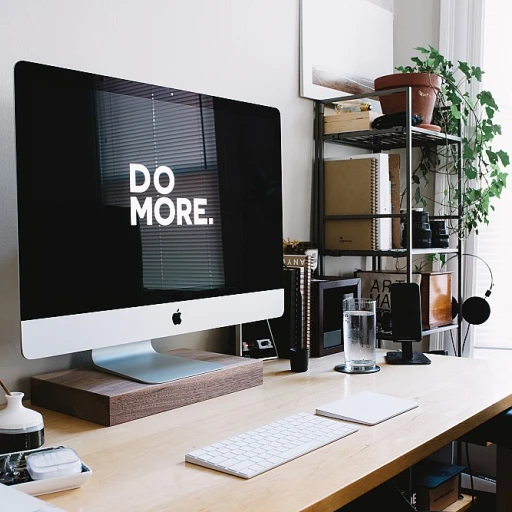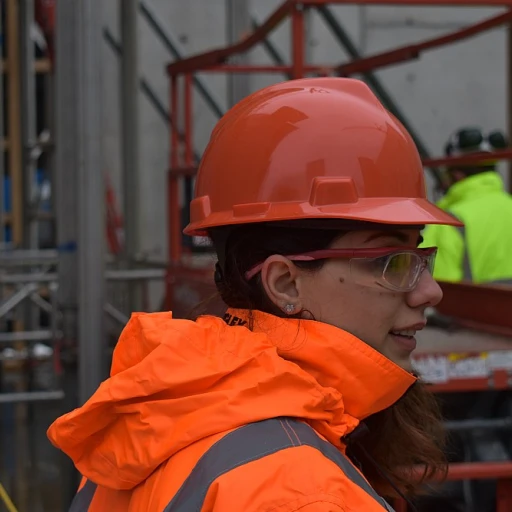
Understanding the Importance of Preparation
Mastering the Art of Preparation for Your Job Interview
Navigating the job search landscape can be a daunting task, and each interview you walk into is a stepping stone toward your career aspirations. Being prepared is not just about having your resume in hand—it's about arming yourself with the right information and mindset to make a best impression. First, research is key. Understanding the company culture you'll potentially be joining is pivotal. Dive into the company's online presence, read their blog posts, and explore their latest news. This knowledge will help you tailor your answers and share a level of engagement that interviewers respect. Additionally, preparing answers to common and essential questions can set you apart in your interviews. For a comprehensive list of such questions, you might want to refer to this insightful resource on essential interview questions for HR operations specialists. Time management is another crucial factor. Arriving early gives you time to gather your thoughts and ensures you're not frantically rushing, which can elevate your stress level. Bring copies of your resume, a professional cover letter, and a well-organized reference list to demonstrate your readiness. Lastly, don't forget to pack a notepad and pen. These simple items convey a positive attitude towards learning and remembering key points during the conversation, demonstrating to the hiring manager that you're invested in the job at hand and considerate of the process. In short, preparation is your ally. It builds confidence and helps present you as a serious candidate who is ready to contribute professionally and meaningfully to the company.Documents You Should Never Forget
Crucial Documents to Remember for Your Job Interview
When heading to a job interview, preparation and organization are key to making a lasting impression. One of the fundamental aspects you need to focus on is gathering essential documents. These items not only reflect your preparedness but also show your professional demeanor to the interviewer. Here’s what you must ensure to take with you:- Multiple Copies of Your Resume: Always bring several copies of your resume, even if you've submitted it digitally. This will help the hiring manager and other interviewers follow along as you discuss your experiences and can also serve as a useful reference point for your answers.
- Cover Letter: Even though you've likely sent this ahead, bringing a copy of your cover letter is beneficial, as it can remind you of the key points you've already communicated. A cover letter provides insight into your goals, ensuring your alignment with the company culture.
- Work Samples: If your career involves creative or technical work, having tangible examples can significantly bolster your application. Share work samples that demonstrate relevant skills and achievements to give you an edge in your job search.
- Reference List: Prepare a list of professional references, complete with current contact details. You might not be asked for these immediately, but having them ready conveys foresight and organizational skills.
- Notepad and Pen: While these might seem trivial, they are vital parts of your professional toolkit. They allow you to jot down important information during the interview, such as answers you receive or follow-up questions you wish to ask.
Tech Essentials for a Smooth Interview
Optimizing Your Tech Gear for an Interview
Ensuring your tech is in check is as crucial as having your resume ready when heading to a job interview. In our digital age, the right tech essentials can significantly impact how smoothly your interview proceeds. Firstly, if your interview is conducted over video, confirm that your phone or laptop is fully charged and your internet connection is stable. It’s always wise to bring chargers, especially for longer interviews. There’s nothing worse than having your device run out of power mid-conversation. In-person interviews still benefit from tech preparation. A notepad pen might seem old school, but it’s incredibly useful for jotting down notes or key points. Using your phone for this purpose could be misconstrued as unprofessional. Ensure that you have digital copies of your resume, cover letter, and reference list readily accessible. Forwarding these documents to the interviewer promptly demonstrates organizational skills and reflects a positive attitude towards the job search. Next, check the company’s communication about any specific tech tools they prefer during interviews. This could range from project management software demos to specific platforms for interviews. Preparing tech items appropriately can highlight your organizational skills and adaptability. When striving for a fit with the company culture, attention to detail regarding tech can showcase your proactive nature and readiness for any unexpected turn, aligning with a cultural fit evaluation in candidate selection. Remember, your ability to handle tech efficiently can speak volumes about your professionalism and readiness for the next step in your career advancement.Personal Items for Comfort and Confidence
Comfort and Confidence Boosters
Walking into a job interview armed with personal items that bring you comfort and support your confidence can make a notable difference. Here are some essentials to consider:
- Notepad and Pen: Having a notepad and pen at hand is not only practical for jotting down important points during the discussion, but it also signals to the interviewer that you are prepared and interested in the role. It serves as a dependable partner for capturing interview questions and generating a well-informed impulse response.
- Positive Mindset: While not a tangible item, maintaining a positive attitude is key. A good mood can help alleviate job search jitters and demonstrate your adaptability to the company culture. Think of it as a cushion that will ease some of the tension.
- Work Samples and Portfolio: If the role involves creative work or technical skills, bringing physical or digital evidence of your past projects can be a powerful way to visualize your achievements to the hiring manager. Prepare these in advance and ensure they are well-organized.
- A List of Questions: Preparing a set of thoughtful questions to ask the interviewer not only shows genuine interest in the company but also helps you gather insights into your potential career path. Knowing what to ask can leave a lasting impression.
Bringing these personal items will help you stay focused, professional, and sure of your potential during the job interview. Remember, preparation goes beyond knowing your resume by heart; it encompasses creating an environment where you can do your best, share your experiences, and explore if the company is the right fit for your career.
Dress Code: What to Wear and Bring
Making an Impact with Appropriate Dress
When preparing for your job interview, one of your top priorities should be ensuring your appearance aligns with the position and the company culture. Dressing appropriately can profoundly affect how you’re perceived by the interviewer and can significantly enhance your confidence, setting the right tone and helping you make that lasting first impression.- Understand the Company Culture: Research the company beforehand to glean insights about their dress code norms. Whether they prefer formal business attire or have a more relaxed, creative environment, matching your attire to their expected standards will reflect your understanding and respect for their values.
- Choose Professional and Comfortable Items: Make sure the clothes you pick are not just professional but also comfortable enough for you to carry with ease throughout the interview process. This consideration can boost your confidence and keep your focus on the interview questions and your responses.
- Bring Essential Items: Besides your choice of clothing, consider bringing necessary accessories that complement your appearance. Neatly arranged copies of your resume, a notepad, and a pen are helpful in showing that you’re prepared and meticulous.
- Dress in Layers: Interview spaces can vary in temperature. Dressing in layers allows you to adjust your clothing to maintain comfort and preparedness. This also helps in maintaining a positive attitude during the conversation.
- Be Mindful of Personal Grooming: Ensure that your hair and nails are neatly groomed, and avoid overpowering scents. Subtle grooming can project a clean, professional image that won’t distract from your skills and answers during the interview.



